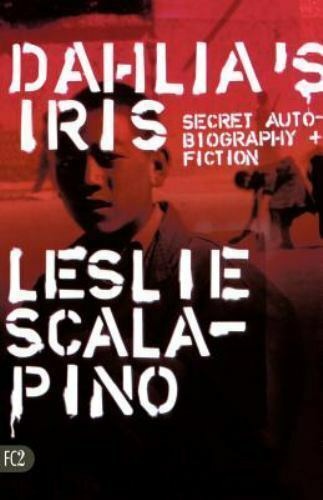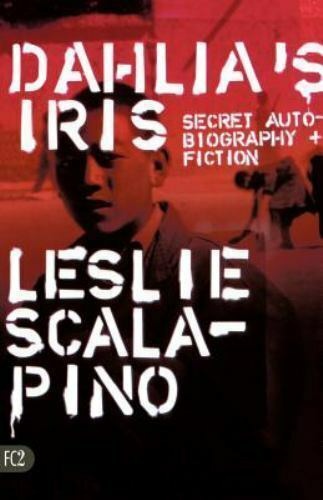Our shopping cart is currently down. To place an order, please contact our distributor, UTP Distribution, directly at utpbooks@utpress.utoronto.ca.
Dahlia's Iris
Secret Autobiography and Fiction
University of Alabama Press, Fiction Collective 2
Detectives are investigating the death of Dahlia Winter's husband and also looking into the mysterious deaths of young boys who are imported for labor in a future-time San Francisco. Citing the plots of Invasion of the Body Snatchers, Terminator 2, and Blade Runner as proof that our sense of inner and outer is tied to rebellion and slavery, the novel appears at first to be a detail of these films all at once, like a colonization of them from the inside. But almost immediately the plot assumes its own life. Based on a conception of the Tibetan written form called Secret Autobiography--which is not the chronological events or actions of a life, but an individual's seeing outside any frames--the novel makes a time-space in which sensation, actions, and thought-memory are occurring alongside our present-day space.
Leslie Scalapino's writing reveals how far language--and therefore thought itself--can go beyond what we are accustomed to, and the forms in which she writes delightfully defy our expectations. Yet her work is infused with a seriousness, a passion, a timeliness, and an intelligence with which we profoundly identify. A new book by Leslie Scalapino is--always!--cause for celebration.' --Lydia Davis, author of Samuel Johnson is Indignant
When Detective Grace Abe in San Francisco discovers the body of a boy who has fallen from the tenth floor of a building, questions of crime, the material world and received perception are let fly as never before. Forensics of soul and city. Pursuit of justice. Dahlia's Iris is a one-of-a-kind work of genius and daring. It exists in a celestial sphere of its own making like a comet that only exists by shattering the invisible warps that are in its path.' --Fanny Howe, author of Gone
What delight I find in this amazing novel. I was so moved as I read the final page I wept. This is a masterpiece of multi-dimensions, a wonderous thought experiment that implies the grand unifying theory will be written by a poet or novelist, not a mathematician.' --Leslie Marmon Silko, author of Gardens in the Dunes
Leslie Scalapino is the author of twenty-two books of fiction, poetry, plays and criticism, most recently Orchid Jetsam (Tuumba, 2002). Her long poem way received the Poetry Center Award, the Lawrence Lipton Prize, and the American Book Award. Her work has been translated into French, Spanish, Korean, and Russian, and included in over twenty anthologies. Her plays have been performed in San Francisco, New York and Los Angeles. She teaches at Bard College in the summer MFA Program and has taught at the San Francisco Art Institute, Otis College of Art & Design in Los Angles, Mills College in Oakland, University of California at San Diego and Naropa Institute in Boulder.





